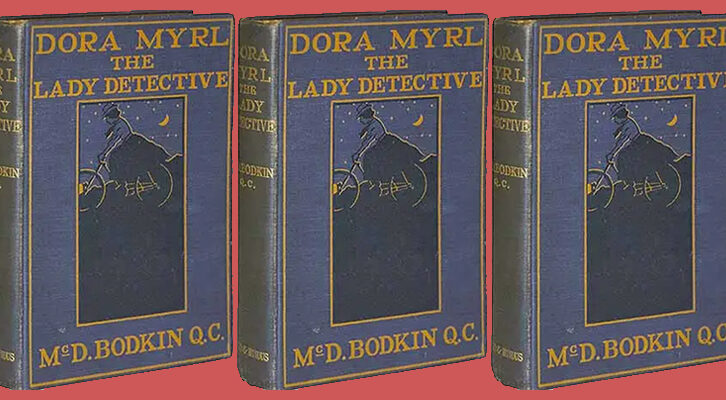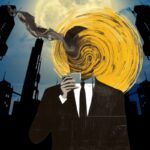Lit Hub Daily: September 20, 2019
THE BEST OF THE LITERARY INTERNET
TODAY: In 1939, Jean-Paul Sartre is conscripted into the French Army as a meteorologist.
- Heroes and (offline) trolls: Neil Gaiman introduces the spellbinding folktales of Norway. | Lit Hub
- “You can’t disentangle blackness and California.” Ismail Muhammad walks with the ghosts of black Los Angeles. | Lit Hub
- Are animals basically…millennials? On “extended parental care” in the human and animal realms. | Lit Hub
- “The overuse of medical services represents one of the greatest public health issues of the modern world.” On one of the (many) problems with industrializing health care. | Lit Hub
- On the final day of our Covering Climate Now series: Rosa Boshier on nostalgia and the environment in diasporic literature. | Lit Hub
- The problem of Germany’s post-war internal refugees: On the so-called “expellees” of Eastern Europe. | Lit Hub
- Unsurprisingly, the reality of post-Chernobyl life in Ukraine was more complicated than the HBO series let on. | Lit Hub
- Reckoning with the slave empires of World War II: James Walvin on the forced labor of concentration camps and Gulags. | Lit Hub
- Here’s the Nonfiction Longlist for the 2019 National Book Awards. | The Hub
- New titles from Jacqueline Woodson, Kevin Barry, and Rachel Cusk all feature among the Best Reviewed Books of the Week. | Book Marks
- Poetry, “sex magic,” and a $3 million Las Vegas heist. Jonathan Lee on Heather Tallchief, who committed the perfect crime and vanished without a trace. | CrimeReads
- The German jury for the Nelly Sachs Award, named after a Jewish writer and refugee who fled the Nazis, has rescinded the prize from author Kamila Shamsie over her support of the Palestinian BDS campaign. | Al Jazeera
- A previously unknown (and incomplete) novel by Françoise Sagan, who satirized the lives of the mid-20th century Parisian bourgeoisie, is causing excitement in the hectic French publishing season. | France 24
- Why some people become lifelong readers—hint: it has to do with their childhoods. | The Atlantic
- The major narrator of The Testaments is Aunt Lydia—but is the novel too sympathetic toward “Gilead’s misogynistic female enabler”? | The Nation
- Residents of a Colorado city are trying to save local journalism, with their library’s help. | NPR
- “Every time I read a book as a kid where I didn’t see myself, I was like, you know, ‘[expletive] this!’” Jacqueline Woodson on representation in publishing. | The New York Times
- “As with any extensive psychoanalysis, the interpretation begins to reflect more upon the analyst than the patient.” Patrick Nathan on reading Benjamin Moser’s Sontag. | Longreads
Also on Lit Hub: Is the age of automation the new Industrial Revolution?: Carl Benedikt Frey talks to Andrew Frey on Keen On • In advance of Banned Books Week, Mitchell Kaplan talks to ABA’s David Grogan and Sydney Jarrard on The Literary Life • On Jean-Martin Charcot, dark star of 19th-century neurology, who thought he could define madness • Vanishing bees should not be the new normal • Read an excerpt from Heddi Goodrich’s debut novel, Lost in the Spanish Quarter.
Article continues after advertisement
Lit Hub Daily
The best of the literary Internet, every day, brought to you by Literary Hub.


